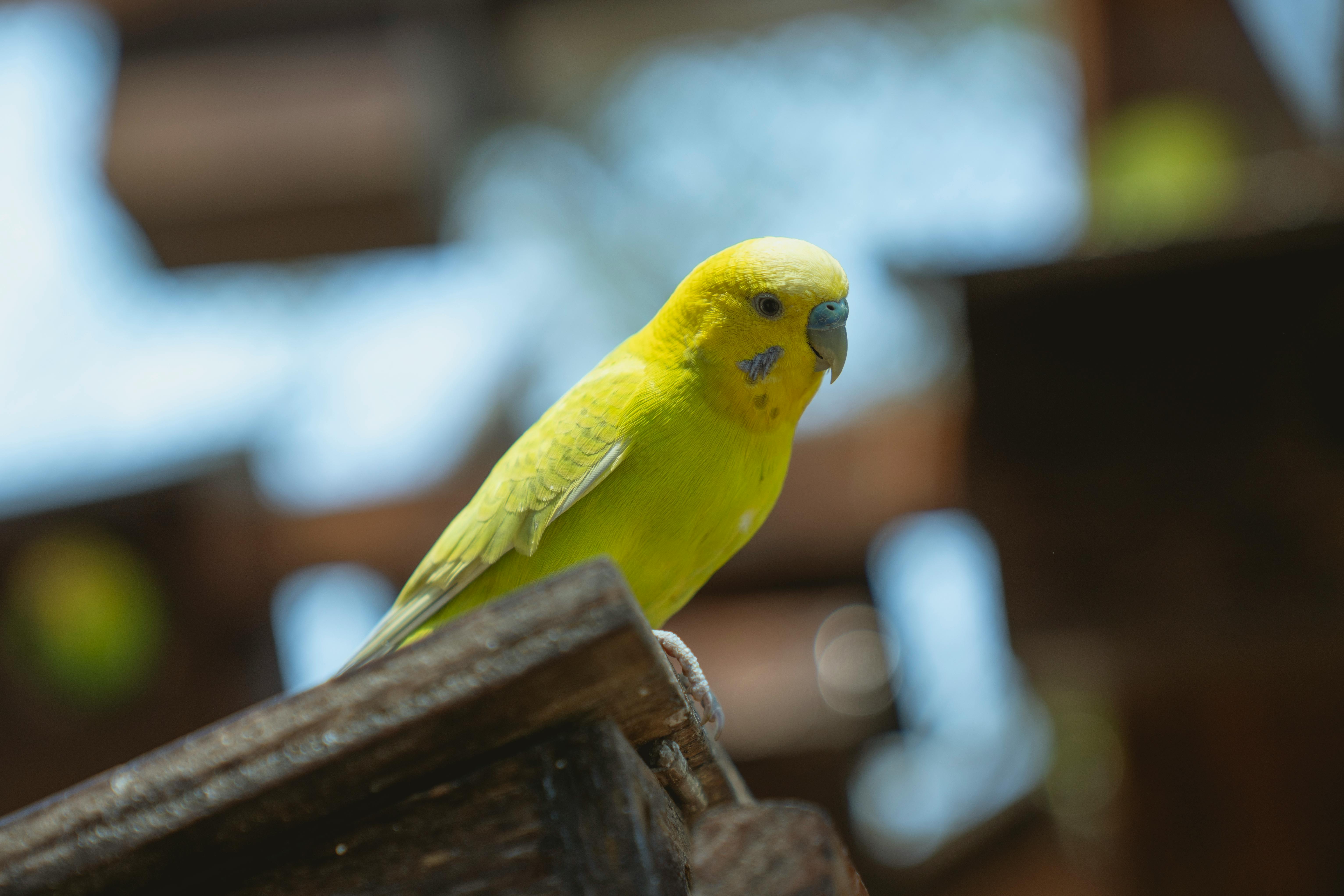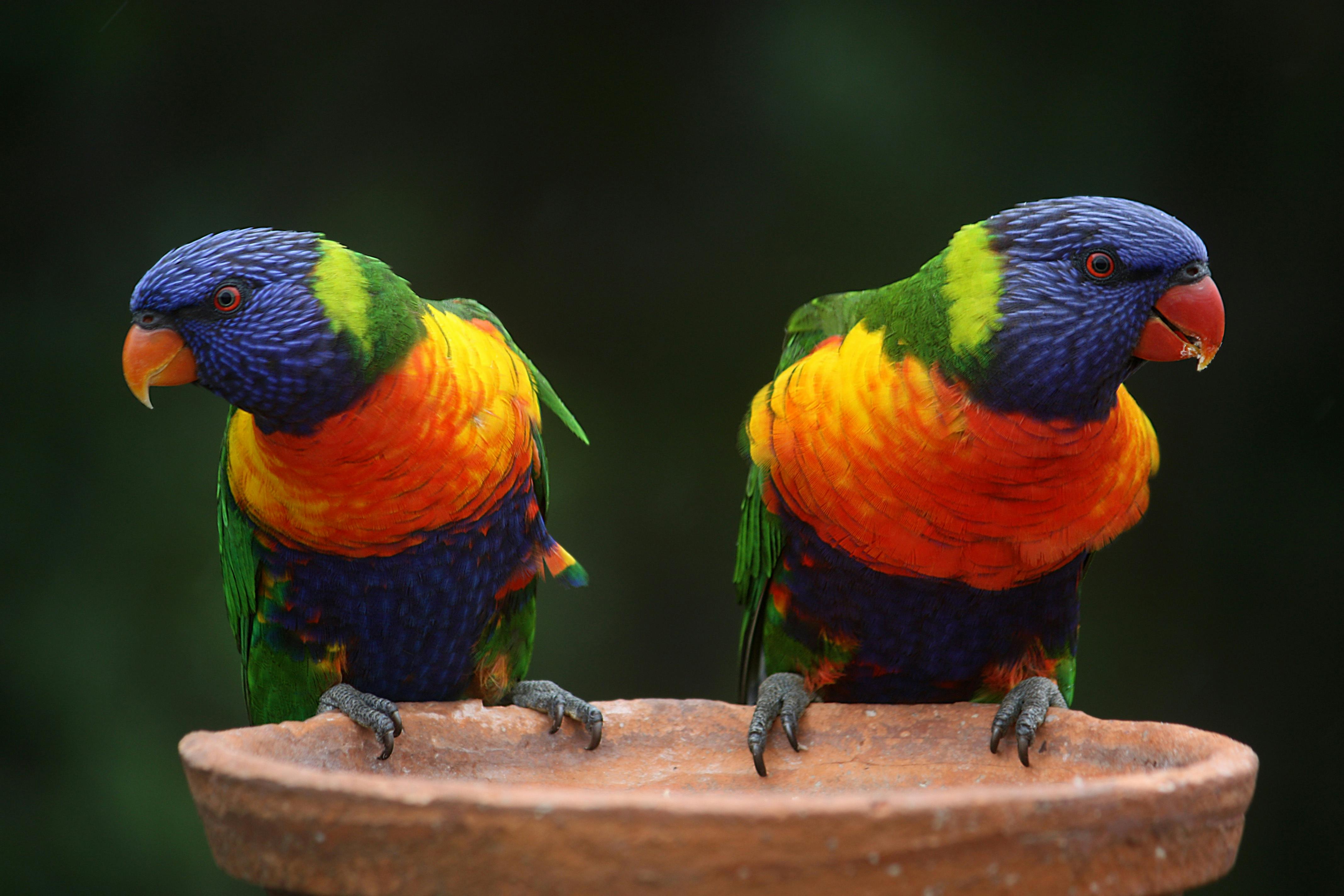Essential Guide to Guinea Pigs' Lifespan: Discover Ways to Enhance Their Longevity in 2025
Guinea pigs, cherished as delightful companions, have captivated pet lovers across generations. Understanding their lifespan is crucial for any responsible owner, as it directly influences care strategies and health decisions. The average guinea pig lifespan ranges from 4 to 6 years but can extend up to 8 years with optimal care. This guide delves into practical ways to enhance their longevity through proper nutrition, housing, and regular veterinary care.
Moreover, addressing common health concerns and understanding the signs of aging in guinea pigs can help owners onboard healthier habits for their pets. Throughout this article, we'll explore guinea pig health tips, effective diets, and the critical aspects of creating a nurturing environment. By the end, you'll be equipped with knowledge to ensure your pet enjoys a joyful and prolonged life.

Understanding the Average Lifespan of Guinea Pigs
To appreciate the lifespan of guinea pigs fully, it's essential to identify the various factors contributing to their longevity. Genetics, diet, and environmental conditions all significantly affect how long your furry companion may live.
Genetic Factors Influencing Lifespan
Genetics play a substantial role in determining how long guinea pigs will thrive. Different breeds exhibit varied lifespans, with some living longer than others. For instance, mixed-breed guinea pigs often have higher life expectancies than purebreds due to a broader genetic pool. Understanding these nuances can guide owners in selecting a guinea pig with a potentially longer lifespan.
Impact of Diet on Guinea Pig Longevity
The nutrition provided to guinea pigs significantly influences their overall health and lifespan. A balanced diet rich in vitamin C, hay, fresh vegetables, and limited pellets fosters a healthier lifestyle. Owners should avoid overfeeding pellets, as excessive consumption can lead to obesity, decreasing their lifespan. Creative guinea pig diets incorporating diverse vegetables can enhance enjoyment while ensuring nutritional needs are met.
Environmental Conditions Affecting Lifespan
Housing conditions greatly influence guinea pigs' longevity. Indoor guinea pigs typically enjoy a safer and more controlled environment compared to outdoor companions, who may face predators and harsh weather. Adequate space, ventilation, and safety measures must be ensured for all guinea pigs, adjusting environments and habitats as necessary to promote well-being.
Caring for Healthy Guinea Pigs
Building on the foundations of lifespan understanding, caring for guinea pigs involves more than just feeding them correctly. A focus on holistic care approaches ensures that your guinea pig remains healthy throughout its life.
Regular Vet Care for Guinea Pigs
Routine veterinary care is essential for preventing common guinea pig diseases and maintaining health. Often, owners overlook the importance of regular health check-ups, which can help identify underlying issues before they become serious problems. Establishing a relationship with a veterinarian experienced in guinea pig care enhances health monitoring and guidance.
Signs of Aging in Guinea Pigs
Recognizing signs of aging in guinea pigs allows owners to provide appropriate care. Common signs include changes in activity levels, dental health issues, and variations in grooming behavior. Early identification of these indicators ensures timely vet visits and appropriate adjustments in care.
Guinea Pig Exercise Needs
Exercise is a crucial factor in ensuring long and healthy lives for guinea pigs. Regular activity helps manage weight and reduce stress levels. Consider providing a secure play area for supervised exercise, along with safe toys to stimulate their natural curiosity and encourage social interaction.

Guinea Pig Diet and Nutrition Tips
A focus on appropriate chicken diets is vital for enhancing the lifespan of guinea pigs. Providing consistent access to quality hay, fresh vegetables, and specially formulated guinea pig pellets is integral. Maintaining an understanding of nutrient intake can drastically influence a long, healthy life.
Nutritional Needs of Baby Guinea Pigs
Baby guinea pigs require special attention when it comes to nutrition. Their growing bodies demand higher levels of protein and calcium. Ensuring a nutrient-rich diet consisting of high-quality hay and specially designed baby guinea pig pellets supports healthy development.
Common Guinea Pig Dietary Mistakes
New guinea pig owners sometimes make errors that could compromise their pet's health. Overemphasis on carrot sticks and sweet fruits can lead to obesity and dietary imbalances. Instead, prioritize leafy greens and high-fiber hay as staples in their diet, while offering treats sparingly.
Guinea Pig Diet Supplements
Consulting with a vet regarding dietary supplements can be beneficial for ensuring that your guinea pig receives all the essential vitamins and minerals it needs, particularly vitamin C, which is integral for their overall health.
Promoting Companionship and Enrichment
Enhancing the quality of life for guinea pigs can have a significant impact on their overall well-being and longevity. Social stimulation is crucial; therefore, understanding their companionship needs is essential for proper care.
Importance of Social Interaction for Guinea Pigs
Guinea pigs thrive in social settings, and their interactions can reduce stress. Many owners find success in adopting pairs or groups to provide companionship and encourage healthy social behavior.
Guinea Pig Enrichment Activities for Bonding
Simple enrichment activities such as providing interactive toys or varying their scenery can positively influence their mental stimulation. Regular new items in their environment keep them engaged and happier.
Creating a Safe Environment for Guinea Pigs
Designing a secure habitat tailored to their needs is essential. Among the factors to consider are proper shelter, ventilation, and safe, enriching items to prevent boredom and stimulate wellbeing.
Common Health Issues and Treatments
Understanding common health problems that guinea pigs may encounter is vital for owners looking to provide optimal care. Addressing these issues early can be key in extending their lifespan.
Common Guinea Pig Diseases
Many guinea pigs are susceptible to specific diseases related to their genetic makeup and living conditions. Conditions such as respiratory infections and bladder stones can be detrimental if left untreated. Recognizing symptoms promptly and seeking veterinary care can mitigate health risks.
Signs of Stress in Guinea Pigs
Guinea pigs can exhibit signs of stress through changes in behavior or vocalization. Awareness of these signs can help owners identify stressors within their environment and make appropriate adjustments.
Guinea Pig First Aid at Home
Knowing basic first aid procedures can benefit owners during emergencies. Preparing a small first aid kit with supplies such as antiseptic, gauze, and vet-contact information can prepare owners to address minor injuries promptly.
Conclusion: Enhancing Your Guinea Pig's Longevity
Enhancing a guinea pig's lifespan involves a comprehensive approach focusing on well-rounded care. Understanding their needs, providing proper nutrition, creating an engaging environment, and ensuring regular veterinary check-ups are all crucial steps towards achieving this goal. As you embark on your journey as a guinea pig owner, remember that nurturing their health and happiness can lead to a long, fulfilling companionship.
For further reading on the importance of caring for guinea pigs, check out our Guinea Pig Care Guide and explore more about guinea pig health and longevity at our Health and Wellness Resources.
